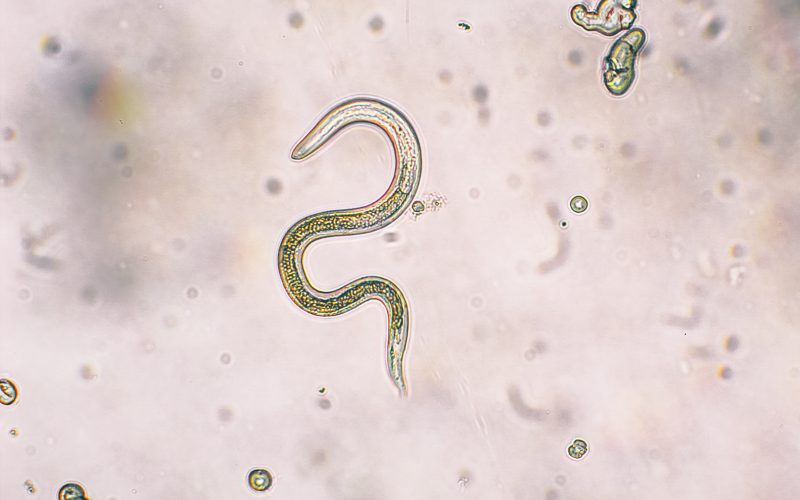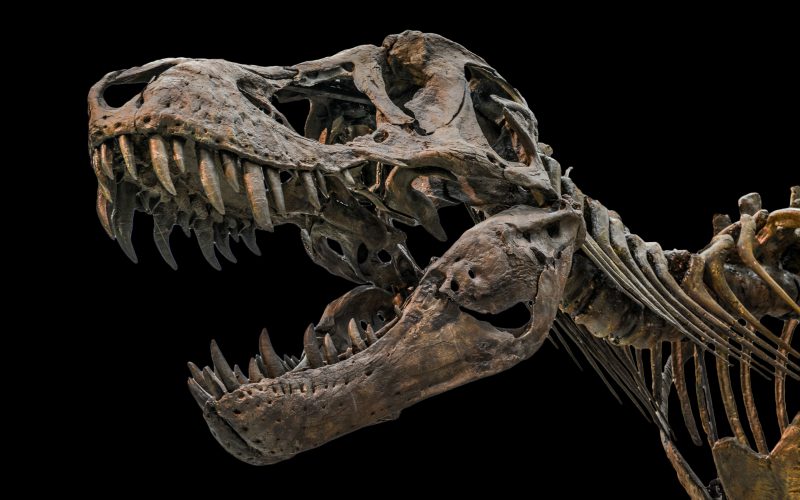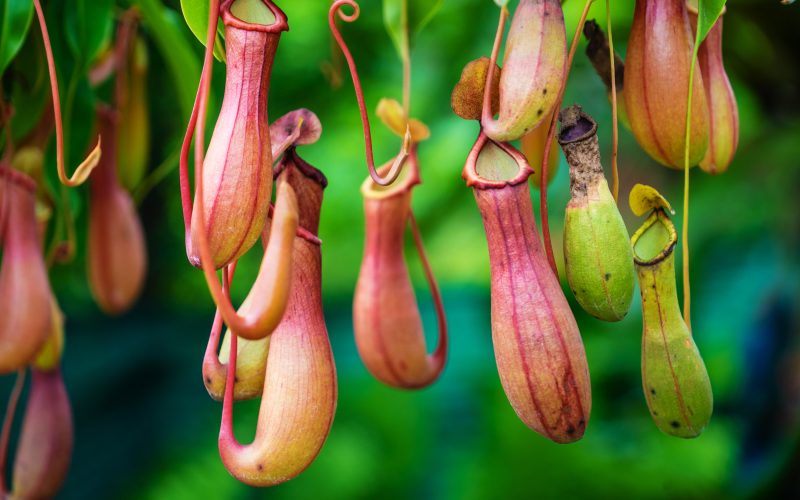Scott L. Gardner, professor of biological sciences, joins us to discuss parasitology around the world and how these tiny creatures offer insight to the evolutionary history of regions.
Read more


Scott L. Gardner, professor of biological sciences, joins us to discuss parasitology around the world and how these tiny creatures offer insight to the evolutionary history of regions.
Read more
Brendan Koerner from Wired discusses the scientific hurdles of inducing deep hibernation as humans hope to explore deep space.
Read more
Science writer Bethany Brookshire talks about why some animals are demonized over others and why we choose certain furry companions as pets.
Read more
Tufts University professor Chris Miller discusses how much China’s interest in Taiwan is tied to its chip-manufacturing prowess.
Read more
Reporter Joel Achenbach talks about the scientists working on ways to save planet Earth from extinction and how to manage all that existential dread.
Read more
Writer Jon Gertner talks about the search for traces of machines throughout the universe, and what happens if we actually find them.
Read more
David K. Randall, a reporter for Reuters, tells the story of Barnum Brown’s discovery of the T-rex and how this discovery amazed the world.
Read more
Research Professor Joseph Silk discusses what lunar exploration looks like more than 50 years since the first moon landing, from new powerful telescopes to potential mining.
Read more
Animal expert Jules Howard talks about advancements in dog research, what we know about dog cognition and emotion, and the decades of study that brought us to where we are today.
Read more
Jessica Winter from The New Yorker discusses why pediatric endocrinologists saw a surge during the pandemic for referrals for girls developing early and which demographic populations are being hit most often.
Read more
Physicist Les Johnson discusses space propulsion and robotics, goals for reaching exoplanets and lessons in physics, all with the aim of traveling to the great unknown.
Read more
Wired contributor Brian Howey talks about the bug-eating nepenthes family of plants, the growers who can build their whole worlds around collecting these specimens, and how they sometimes run afoul of the U.S. Fish and Wildlife Service.
Read more